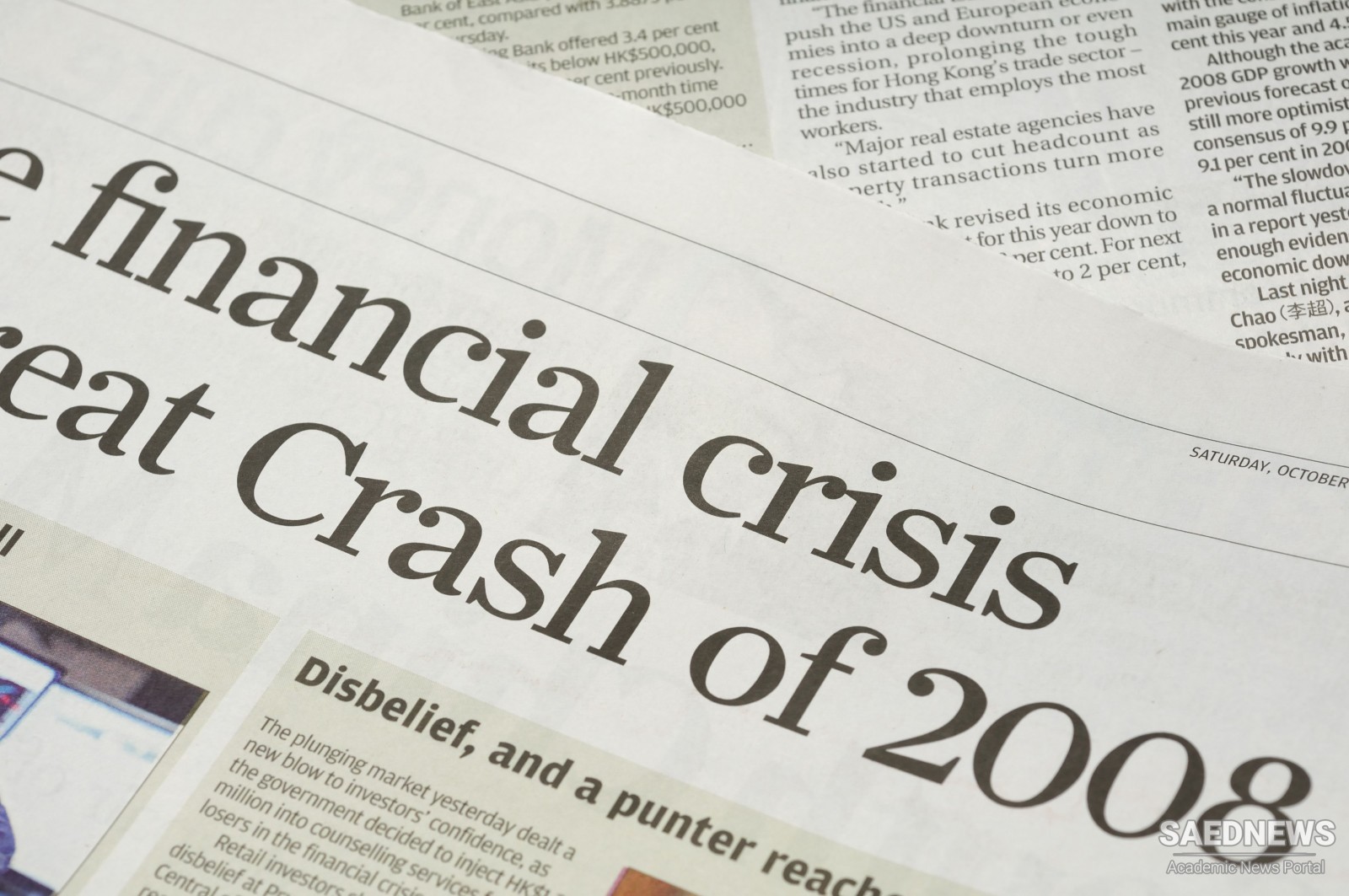The "Great Recession" of 2008 was triggered by the collapse of the global financial system, but it has much deeper structural causes. It was not in essence a "financial" crisis, much less simply an institutional disorder. Moreover, it was - and is - a crisis of the world capitalist system and not of any particular country or region. As a global crisis it cannot be understood by limiting the focus to a particular country or region, as a number of studies have done. How can we characterize the crisis? Is it cyclical, structural, or systemic? Cyclical crises are recurrent to capitalism about once every ten years and involve recessions that act as self-correcting mechanisms without any major restructuring of the system. The recessions of the early 1980s, the early 1990s, and of 2001 were cyclical crises. By contrast, the 2008 crisis, in my view, signaled the slide into a deep structural crisis. Structural crises reflect deeper contradictions that can be resolved only by a major restructuring of the system. The structural crisis of the 1970s was resolved through capitalist globalization. Prior to that, the structural crisis of the 1930s was resolved through the creation of a new model of Fordist-Keynesian or redistributive capitalism, and prior to that the structural crisis of the 1870s resulted in the development of corporate capitalism and a new wave of colonialism. The current systemwide crisis will not be a repeat of earlier such episodes in the 1970s, the 1930s, or the 1870s, precisely because world capitalism is fundamentally different in the twenty-first century. A systemic cris is involves the replacement of a system by an entirely new system or leads to an outright collapse. A structural crisis opens up the possibility of a systemic crisis. But whether it actually snowballs into a systemic crisis - in this case, whether it gives way either to capitalism being superseded or to a breakdown of global civilization - is not predetermined and depends entirely on the response of social and political forces to the crisis and on historical contingencies that are not easy to forecast. This is an historic moment of extreme uncertainty, in which collective responses to the crisis on the part of distinct social and class forces are in great flux.


 New Imperialism, Capitalism and Global Crises
New Imperialism, Capitalism and Global Crises














































